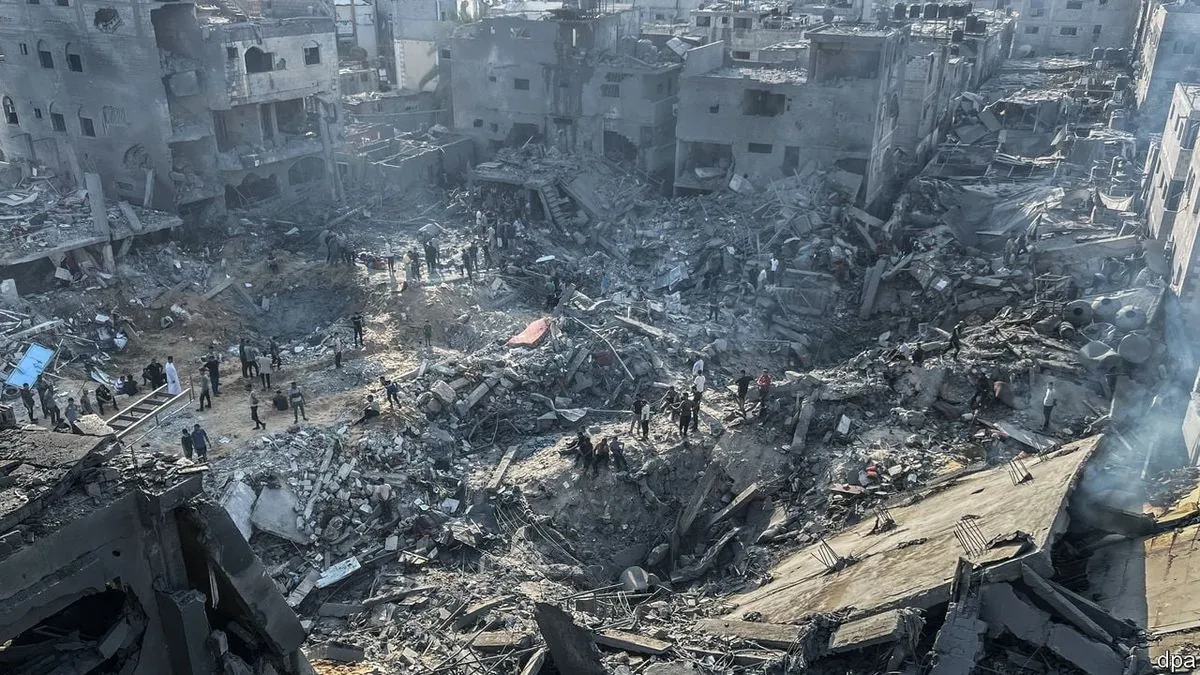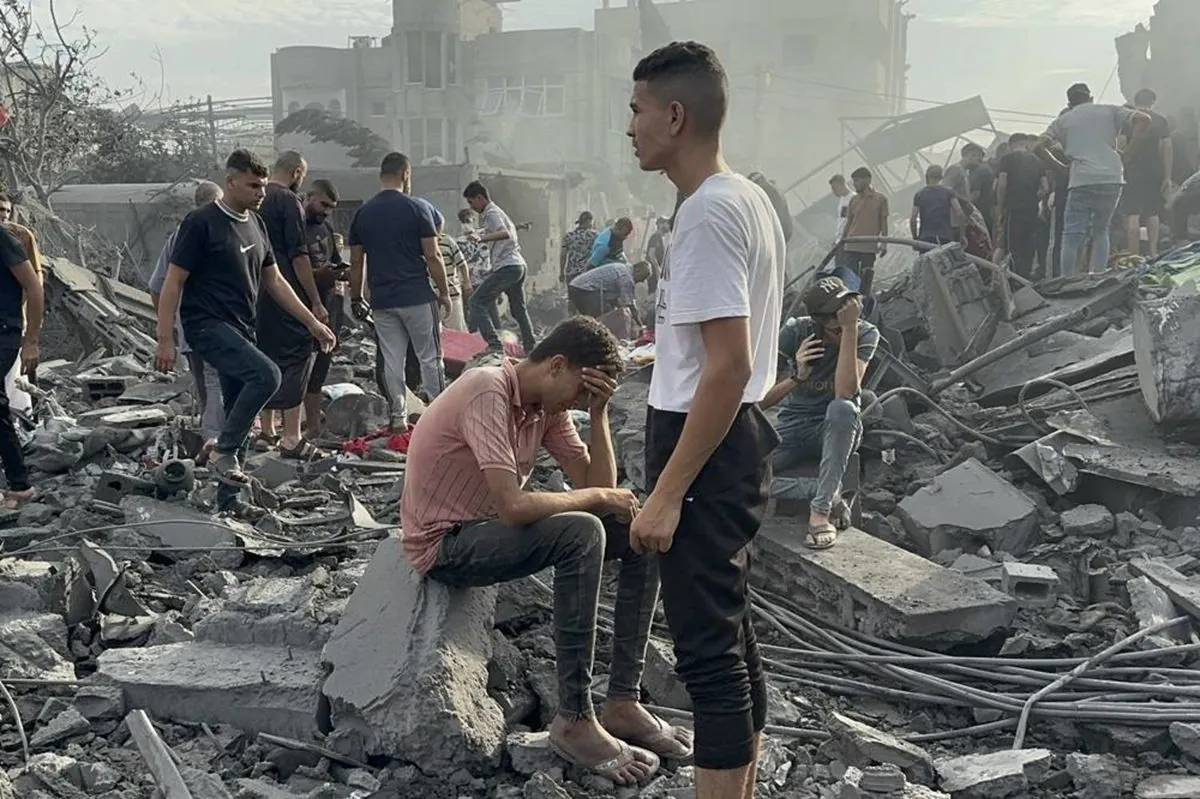Gaza Faces Polio Resurgence Amid War: Urgent Call for Vaccination Pause
Aid groups urge a 7-day ceasefire in Gaza to vaccinate 600,000 children against polio. With one confirmed case and poor sanitation, fears of an outbreak grow as war impacts healthcare.

The Gaza Strip is facing a potential polio outbreak, prompting aid organizations to call for an urgent pause in the ongoing conflict to facilitate a mass vaccination campaign. UNICEF and the World Health Organization (WHO) have jointly requested a minimum seven-day ceasefire to immunize over 600,000 children under the age of 10.
The threat of polio has reemerged in Gaza after a 25-year absence, with one confirmed case and others suspected. In July 2024, the virus was detected in wastewater samples from six locations in Khan Younis and Deir al-Balah. This resurgence is attributed to the sharp decline in vaccination rates since the war began in October 2023.

The current situation in Gaza has created ideal conditions for the spread of polio. Hundreds of thousands of displaced Palestinians are living in crowded tent camps with inadequate sanitation facilities. The lack of clean water and proper waste disposal has led to the emergence of at least 225 informal waste sites, many near shelters.
Polio, a highly contagious virus that primarily affects children under 5, can cause irreversible paralysis and, in some cases, death. It spreads through contaminated water, food, or direct contact with infected feces. The disease has no cure, making prevention through vaccination crucial.
Before the conflict, Gaza boasted a 99% polio vaccination rate. However, this figure has dropped to 86%, with an estimated 50,000 babies born since the war's onset remaining unimmunized. Aid groups aim to bring Gaza's immunization levels back above 95% to prevent an outbreak.
The planned vaccination campaign faces significant challenges. The territory's healthcare system has been severely impacted by the war, with only a third of hospitals and 40% of primary care facilities functioning. Additionally, the scarcity of electricity complicates vaccine storage, which requires refrigeration.
"We are anticipating and preparing for the worst-case scenario of a polio outbreak in the coming weeks or month."
The WHO and UNICEF plan to bring 1.6 million doses of an advanced oral polio vaccine into Gaza. This version is less prone to mutating into the vaccine-derived poliovirus that can cause outbreaks in under-immunized populations.
Both Israeli authorities and Hamas have expressed support for the vaccination campaign. COGAT, the Israeli military body responsible for Palestinian civilian affairs, stated it is "preparing to support a comprehensive vaccination campaign." Hamas has indicated its willingness to support a seven-day truce to facilitate the immunizations.
As cease-fire talks resume in Cairo, the urgency of addressing this public health crisis cannot be overstated. The potential outbreak in Gaza serves as a stark reminder of the importance of maintaining high vaccination rates and the devastating impact of conflict on public health infrastructure.


































